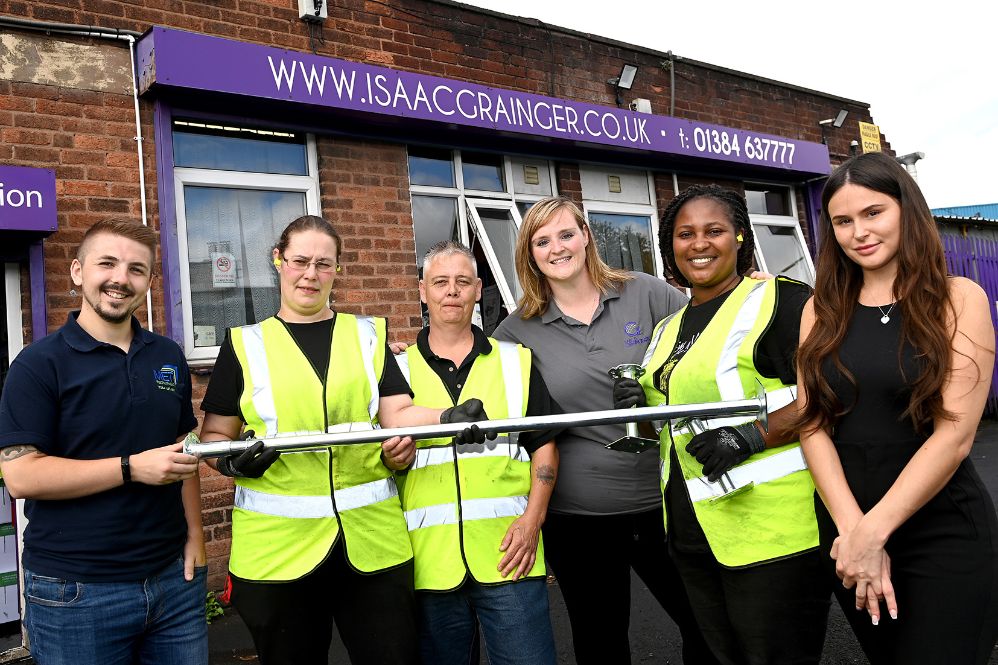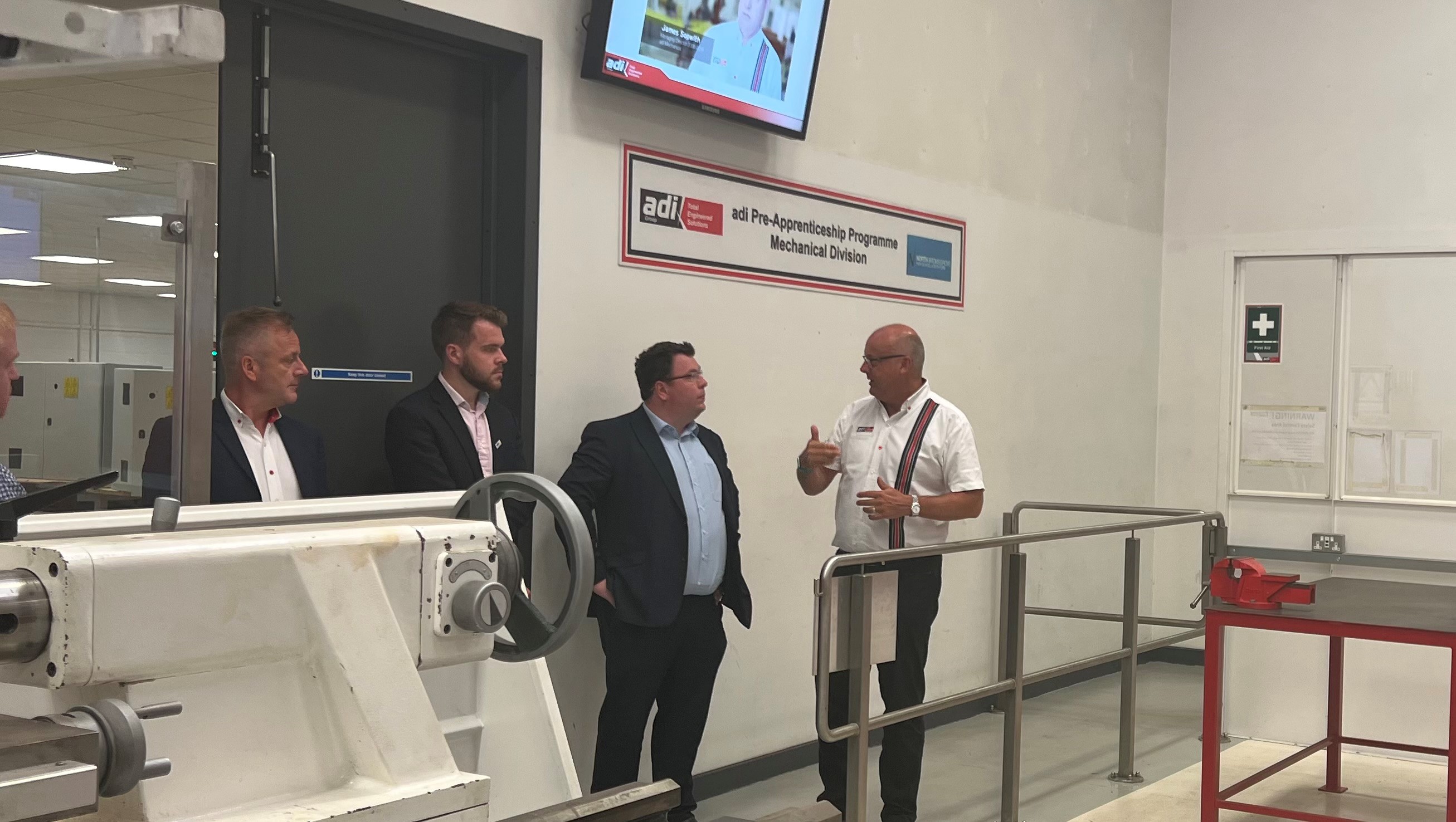City centre living scheme moves closer as wholesale market redevelopment gets green light
Outline planning approval has been granted for City of Wolverhampton Council’s redevelopment of the city’s wholesale market site to facilitate the first phase of the Brewers Yard city centre living scheme.
Computer generated images show what the new Hickman Avenue market could look like. The scheme is designed to accommodate the Council’s fleet services operation, which is due to relocate from its current Culwell Street depot to pave the way for hundreds of new homes as part of the Brewers Yard regeneration masterplan.


























